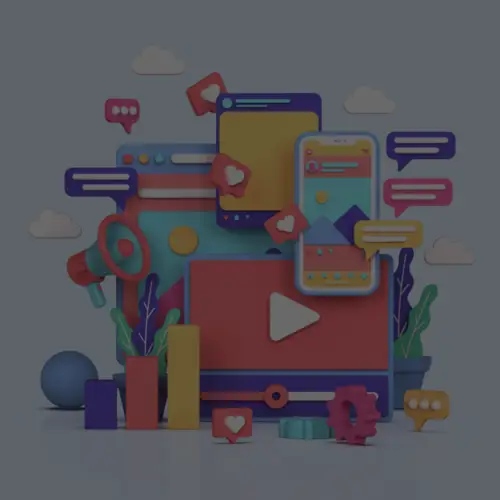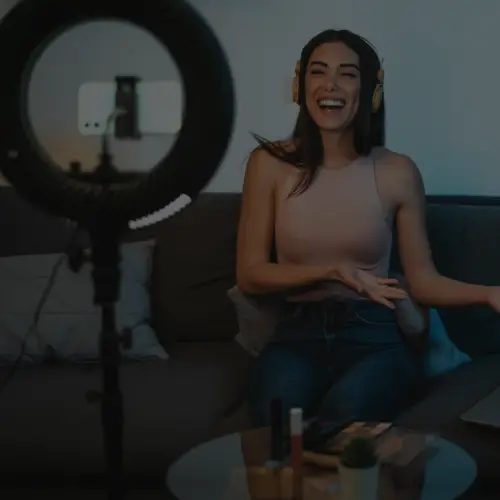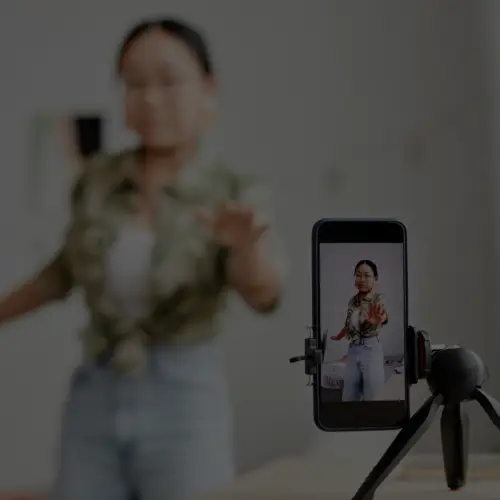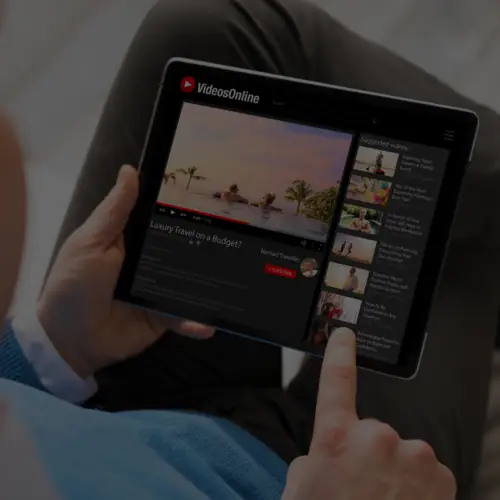04 Apr How Video Game Companies Are Using Facebook
I had the utmost pleasure of attending PAX East 2011 a few weeks ago. Unlike the Electronic Entertainment Expo (E3), PAX is the for-us-by-us conference for the gaming industry – it’s a gaming convention created by the people behind the gaming-centric web-coming Penny-Arcade (warning: typically NSFW). And it is now the largest gaming convention in the United States.
I was able to attend several amazing panels while I was in Boston that weekend. One of the most useful panels I went to, however, was “How Your Favorite Game Companies Use Facebook.”
Featuring Sam Houston (@samhouston) from Playfish, John Drake (@johntdrake) from Harmonix, James Stevenson (@jamesstevenson) from Insomniac Games (a studio just down the road from Ignite), Justin Korthof (@sixokay) from Robot Entertainment, and Collin Moore (@shinyidol), the panel resulted in a glorious hour of video game companies discussing their current social media experiences, their thoughts on the future use of social media and Facebook, and a lot of insightful conversation.
thoughts on the future use of social media and Facebook, and a lot of insightful conversation.
Playfish is a video game developer that solely develops games for use on Facebook. Harmonix manages the Rock Band and Dance Central franchises and they use Facebook differently for the two brands as well as for the company’s brand. For Rock Band, it’s a marketing and promotional tool. Insomniac Games uses Facebook more for the bigger brand picture and recently announced Insomniac Click (as Stevenson kept hinting at throughout the panel), a new division of the company that is dedicated to creating games for web and mobile platforms. Robot Entertainment, a smaller developer, uses Twitter more than Facebook but Korthof commented that they are using Facebook more and more as a personalized, behind-the-scenes place where they share things with fans and developers.
What are the best uses of Facebook for video game companies?
A point made very early in the panel by Collin Moore is that Facebook has become “a very key part of how we do messaging” and as Ignite knows, this is a very broad trend and it’s no different for companies in the video game industry.
Video game companies mainly utilize social media to push news updates about their games, get feedback from fans, and engage their communities. There are several problems with Facebook as a platform for video game companies, but as for all businesses right now, the pros of being active on such a popular social media platform outweigh the cons. As Sam Houston pointed out, “Facebook…is a huge tool for us to drive traffic to our game, or to any content or our forums…whatever we think is really valuable to us as a company in terms of business or as community manager…it’s a conduit to my community.” Whether they are driving traffic to Facebook for the messages there or using Facebook as a way to push messages out through other channels, it has become a vital tool for the industry.
According to John Drake at Harmonix, “What we can really do for our community is to provide information, provide them with a place to shout at each other and a centralized feed of chronological data.”
What are some of the lessons video game companies have learned from Facebook?
For starters, video is a very nifty tool. Houston talked a bit about the importance of the media that a company chooses: “We have been told that video performs very well on Facebook. If you look at studios like Rovio (Angry Birds), they pump out videos all the time. Farmville…they post videos all the time that are like static screenshots. It’s a six-minute video and that’s how they reveal new content coming out for their game and their videos get like 150,000 views so it can be a really strong channel.”
Timing is also important. “When I post a link at 9 ‘o clock PST in the evening, I get way more clicks than I do in the morning,” said Houston. “We are becoming smarter with when we post content. If you post when you’re community’s not on Facebook, you’re kind of missing it.”
On the flip side, Insomniac Games learned a good lesson in underestimating the community presence on Facebook and also a lesson on setting reasonable goals. Setting goals too low can be just as dangerous as setting goals too high. As James Stevenson explained, Insomniac did a campaign to share extra assets (behind-the-scenes screenshots, videos) and aimed to get a total of 10,000 likes. Every 2-3 thousand likes, they would release assets. The campaign was intended to last 2-3 weeks. They ended up getting 15,000 likes in 24 hours and were out of assets in a day.
The biggest challenge, according to Drake, is “Not how many people can we add…how many people can we keep? We don’t want the Facebook whores. They’ll unsubscribe from the page a few days later because it’s a brand they don’t care about.” As for Stevenson, however, there’s the problem of engagement – people either share too much or too little. Drake elaborated on this issue: “We have one of the most active forum communities in video games…on forums I don’t know who anyone is by name. But on Facebook people will post ten times more hate speech and I’m like hey Dave, I can see you. I know who you are. Your page is public and your mom is probably one of your top friends. I can call your mom…I can so easily call your mom.” Trolls, inevitably, are a problem anywhere on the Internet.
One of the biggest problems facing any person or company involved with Facebook is the fact that Facebook changes constantly. “You have to adapt to it” commented Houston. This also led to the topic of Facebook Insights. “Do you know how to use that yet?” asked Drake. “That’s the thing now…we’re also experimenting. Where we have these tools that just came out…rolled out in the past month in a really crazy way…I’m not sure I can tell what’s causality versus correlation. Still haven’t figured it out.”
Facebook is therefore a blessing and a curse. There are problems with the “add-me-please” fans who spam walls, trying to gather friends so they can quickly advance in games like Zynga’s Farmville or Playfish’s Pet Society. There are problems with scale – it’s difficult to engage and communicate when you have too many fans. Playfish tries to divert them out to smaller areas like the forums “where we can have better, direct conversations.” Houston went on to say, “Where a lot of things come easy to us…like getting 10,000 Likes first thing in the morning…that’s easy for me. But it’s super hard to find ways to engage. Where you guys engage really well but find it harder to build up that audience.” There are issues for bigger and smaller companies alike.
What can video games gain from using Facebook?
There is a lot to gain from using Facebook for any company. “My biggest hope is to get useful information [from Facebook]…different gamers want different things,” said Drake. When they cracked 1 million fans, they asked them what they wanted. Free downloadable content (DLC) was the main response. “Well we can’t give a million of you free DLC,” said Drake. “That’s crazy. Everyone just keeps yelling at us for free DLC. And every once in a while someone would pop in saying ‘I work with the Rockband Network and I would love to hear some stuff from like your junior designer who worked on this thing and that really cool feature you did’ and of course that person would be immediately drowned out by 600 posts of ‘give us free DLC’….or wanting more Muse DLC…”
“Seriously, when are you gonna add Muse?” asked Houston.
“Seriously, I’m gonna punch you in the face” replied Drake.
Yet there are tons of insights that any video game company can gather from their Facebook fans, as well as many opportunities to engage, promote, and inform.
I recorded the entire panel (except for the Q&A at the end) and it’s all available on YouTube if you’d like to watch the panel unfold for yourself:






